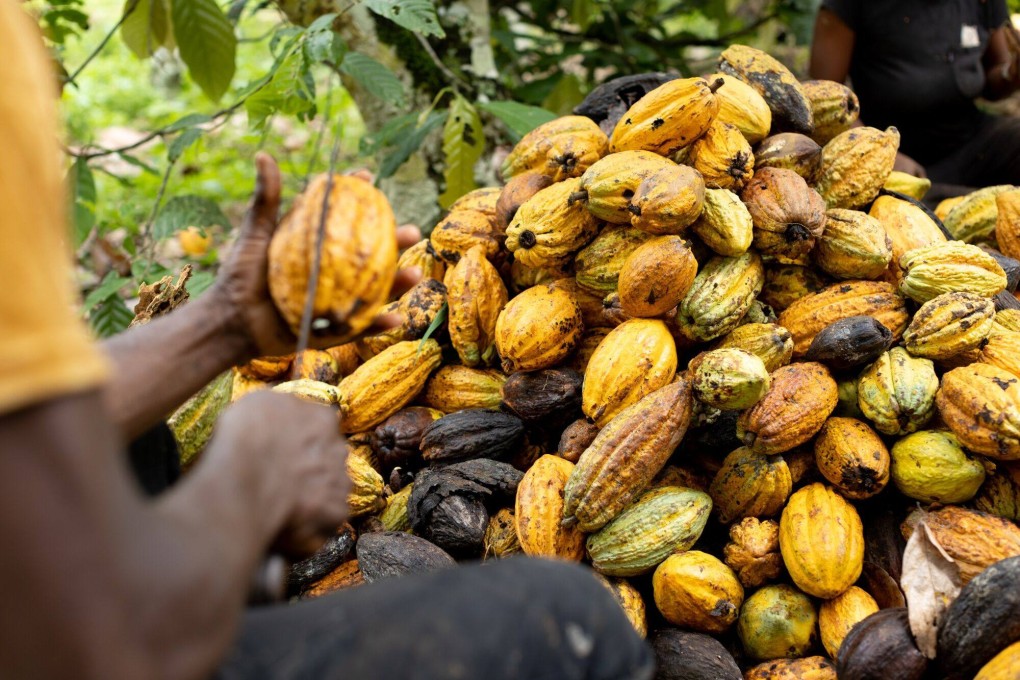Outside In | What price chocolate as climate change hits cocoa crops of poor farmers?
- Chocolate will stay expensive as the cocoa crop faces existential challenges while demand continues to surge, including from China
- The most urgent task is to grow cocoa without harming the environment, and ensure that cocoa farmers can lift themselves out of poverty in the process

Just as Britain’s most iconic chocolate-maker, Cadbury, celebrates the 200th anniversary of its establishment on Bull Street in Birmingham in 1824, today’s chocolate industry is in turmoil over a sharp and widening divide between the people who make it, and the people who love to consume it.
Cocoa trees, already fussy to grow, are also becoming a more difficult crop with climate change. In West Africa, where almost two-thirds of the world’s cocoa is grown, unseasonal weather has disrupted production and Ghana, the world’s second largest producer, expects its crop to shrink by a quarter.
Meanwhile, demand from the rich West continues to surge, sending cocoa prices to record highs.
Worries that might normally be temporarily brushed aside as the ebbs and flows of food supply and demand are capturing keener attention than usual. This is not just because of the long-term nature of climate change and other existential challenges, but because of China – both as an emerging exporter (China sold cocoa to Europe for the first time in 2021, triggering subdued panic among leading growers) and a potentially huge source of demand.
